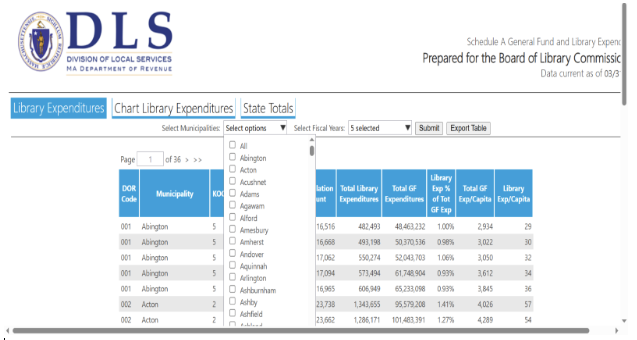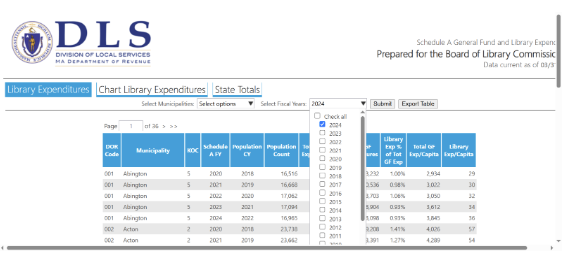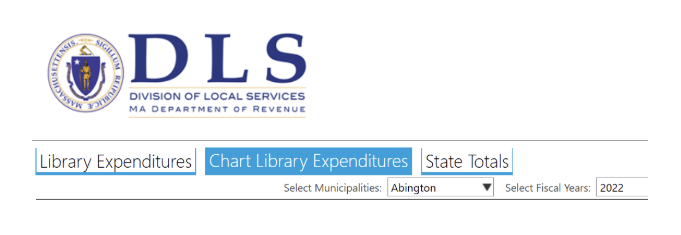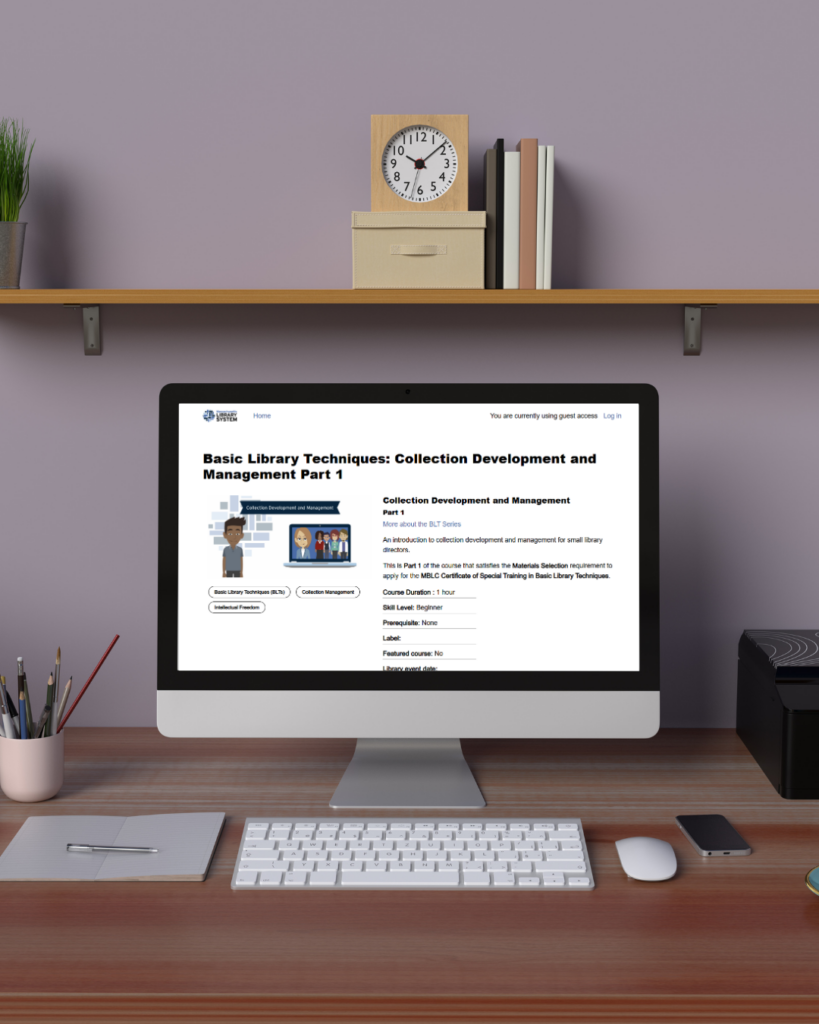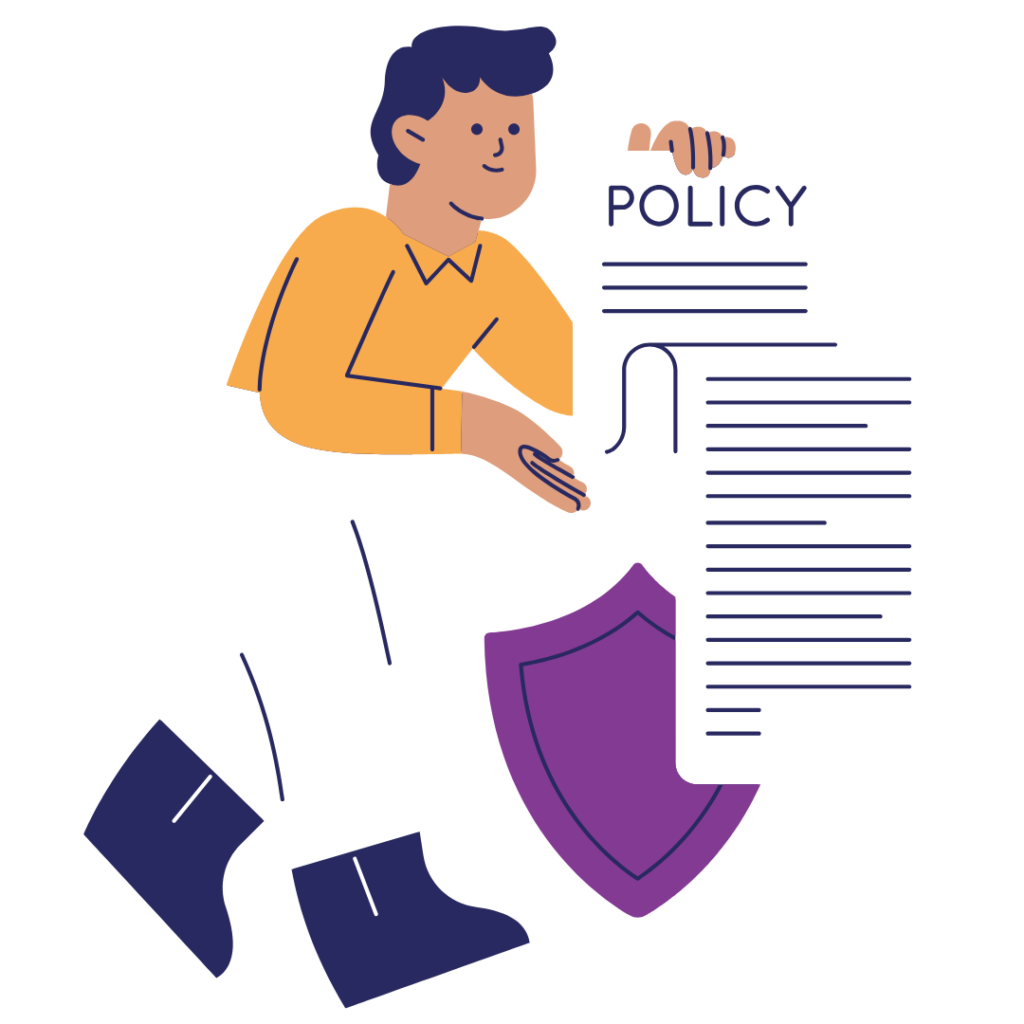Last week I discussed meeting room policies and many of the possible considerations you might want to undertake if your library offers meeting room space to the public. What should be kept in mind, however, is that, unlike with a library program, you have little control over the content of the meeting beyond what is outlined in your policy. Because of this, it can be extremely helpful to have something in writing that the patron/group that is booking the room fully understands their responsibilities to the library in order to use that room. A meeting room use agreement can serve this purpose. It can also provide a record that a user has fully read and agreed to abide by your policy and gives you the opportunity to request more information or review any expectations that may have been overlooked, usually in the form of missed or partially answered question(s) on the agreement form. If you decide to have a meeting room agreement as part of the process for reserving and using a room in your library, here are some things you may want to consider:
Policies are generally at their best when they encourage accountability on both the patron’s side and the library’s side.
Format
If you decide to require patrons who want to use your meeting room to fill out an agreement form, you’ll first want to decide what format you prefer for the agreement: digitally, in writing and/or in person. Online forms have the benefit of requiring answers to all the questions you consider to be most important, including a question that requires the requester to acknowledge that they have read your policy in full and agree to abide by it. The downside to a digital form is you won’t get a “wet” signature, so you may want to check with your town counsel as to whether requiring a statement such as “by writing my name below I agree on behalf of myself and my organization…” counts as a binding agreement. You will also want to consider those who have limited or no digital access and make sure you have printed copies of any digital form available for patrons to use as a substitute. Asking for something in writing means there will be a legal “wet” signature, but there is less oversight, and you may need to go back and forth with the applicant to cover any important questions that they missed, which can be time-consuming. This can be rectified by requiring the applicant to sign in person, but that can be a barrier to access if the person needing to fill out the agreement has trouble physically coming to the library. For many libraries, a digital agreement offers the best combination of access and accountability, but you’ll want to ensure that you’ve considered your options and decide on the one that best suits your needs and those of your community.
Sponsors & Contacts
Many libraries ask that any group using the room either be based in the community the library serves or have a community member as a sponsor. One of the benefits to this requirement is the library is able to ensure that they are, again, being good steward of tax dollars. By offering the room for community use, particularly if the room is offered free of charge* you are ensuring that the benefit of room use is staying within your library’s community. If this is a requirement you outline in your policy, you may want to ensure that your agreement not only has the information for the community member sponsoring the group, but also the primary contact information for the person running the meeting. In many instances, these may be the same person, but in the event the sponsor does not plan on attending, you will need contact information for a person responsible for the meeting in the event the library closes unexpectedly (inclement weather, power outages, etc.), the room is needed for in-library use, or other unexpected circumstances that make the room unavailable at any previously agreed-upon date and time.
Defining expiration
I mentioned in my last post that many libraries restrict the number of times a group or organization can use the library’s meeting room over the course of a year, to allow for more equitable access to the entire community. If this is something you are going require of the group, you’ll likely want to have a way to keep groups accountable to this and to other limitations that may appear in your policy. You’ll also want to allow yourself a bit of flexibility to update your meeting room policy as necessary, which means notifying anyone who has agreed to your policy that the terms have changed. In addition to keeping records of this (another benefit to using a digital form that will drop all the information into a spreadsheet), you may want to consider a time limit on the agreement itself. In other words, you may want to request that anyone requesting the use of your meeting room will need to sign a new agreement every year (or two, etc.). You can do this on a rolling basis (i.e. the agreement is “good” for 12 months after it has been signed, submitted and approved) which will give the requester the most time to take advantage of the room, but it will require you to check every month to see whose agreement may be expiring. Or you may want to consider a hard deadline for a new agreement. The requester may only get a couple of months’ “use” out of the room before they need to sign a new agreement, but you’ll only have one month when you’ll need to contact those whose agreement is expiring.
If you decide to follow the hard-deadline route, you’ll want to make a couple of things clear to minimize confusion when someone uses the room. You’ll want to decide on a date that is effective every year (or whatever time span you decide works best for you) and follow through when that date rolls around. For some, a calendar year may work best, meaning groups or individuals wanting to use the room will have to sign a new agreement every January 1st. For some libraries it may make sense for a fiscal year date (new agreement every July 1st). Whatever date you decide, make sure that date is clearly communicated in your policy, in any preamble you have to your agreement form and that you also clearly state that the agreement on file must be current in order for rooms to be booked.
Responding
If you are going to commit to holding people accountable for the use of the meeting room and following the policy that you’ve outlined, it’s only fair for you to be accountable in the timeliness of responding to their request. If you are using an agreement, prior to permitting any meeting room use, it will be helpful to the requester to give a minimum time frame for submitting the agreement. Do your best to accommodate the requesting person/organization, but make sure you give a minimum timeline that is also realistic for you to consistently complete or even ahead of the deadline. For example, you may want someone submitting an agreement no fewer than 14 days** in advance of their event. To communicate that you take their submission and your accountability seriously, you may want to consider indicating a response timeline; for example, “After submission, requesters can expect a response within 5 days.” If this is something you choose to do, you’ll want to make sure this is a timeline that, even under strenuous circumstances, is achievable for you. If you are usually able to get back to someone with approval or a request for more information in a day or two, it’s perfectly OK to build a buffer of an extra couple of days into your response timeline for those times when staffing is tight, reporting deadlines are looming, or unexpected circumstances pop up.
Speaking of tight staffing conditions, I recommend choosing someone to take care of keeping track of meeting room agreements and booking meeting rooms should you be unable to attend to request for any period of time (vacation, sick leave, conferences, etc.). For Directors, this is usually an Assistant Director or Head of Reference or similar position. If your library has limited staffing to begin with and you perhaps are only open a few days a week, you may want to consider having a chain-of-command type of responsibility matrix with 2 or 3 people who will be able to take over if you and your designated backup be unable to attend to responses for a period of time.
Policies are generally at their best when they encourage accountability on both the patron’s side and the library’s side. This way, all expectations are clearly laid out and each party involved knows what to expect from the other. This is particularly important with meeting room policies and any accompanying agreements you may use. Unlike a library-run program or general behavioral policies, libraries rarely have sufficient staffing to check in when an outside group is using the meeting room. In the best of circumstances, expectations have not only been clearly laid out but have also been fully met. Should that not happen and, for example, the meeting room’s condition after it’s been used doesn’t meet your expectations or you receive patron complaints, you are likely to find out after the meeting has ended, sometimes not until a day or more after the event. Ensuring that you have someone who is responsible for following through on the policy and knowing that the person (be they a sponsor or the person running the meeting) was fully apprised of your policy (and therefore, your expectations) before that meeting took place, eases the burden on your staff to monitor the meeting and give you recourse and a contact person to review the expectations and what was or was not met.
*Many libraries provide the use of their meeting rooms free of charge to the community. There are others who offer use of the meeting room for a nominal charge. Reasons and conditions under which a library will charge for meeting room use vary, but make sure your Trustees review their bylaws and any documentation surrounding any trusts that may have established the library before considering a charge for any kind of room use.
** Providing a number of days tends to be a clearer way to express deadlines. If you were to request a minimum timeline of 2 weeks, for example, it leaves room for possible confusion: did you mean from the day the agreement was submitted (which could be any day of the week)? Did you mean from beginning of the week it was submitted? What do you consider the beginning of the week: Sunday or Monday? If your library isn’t open daily, you may want to clarify “business days” or “calendar days” to ensure your expectations are clear to the person submitting the agreement.

